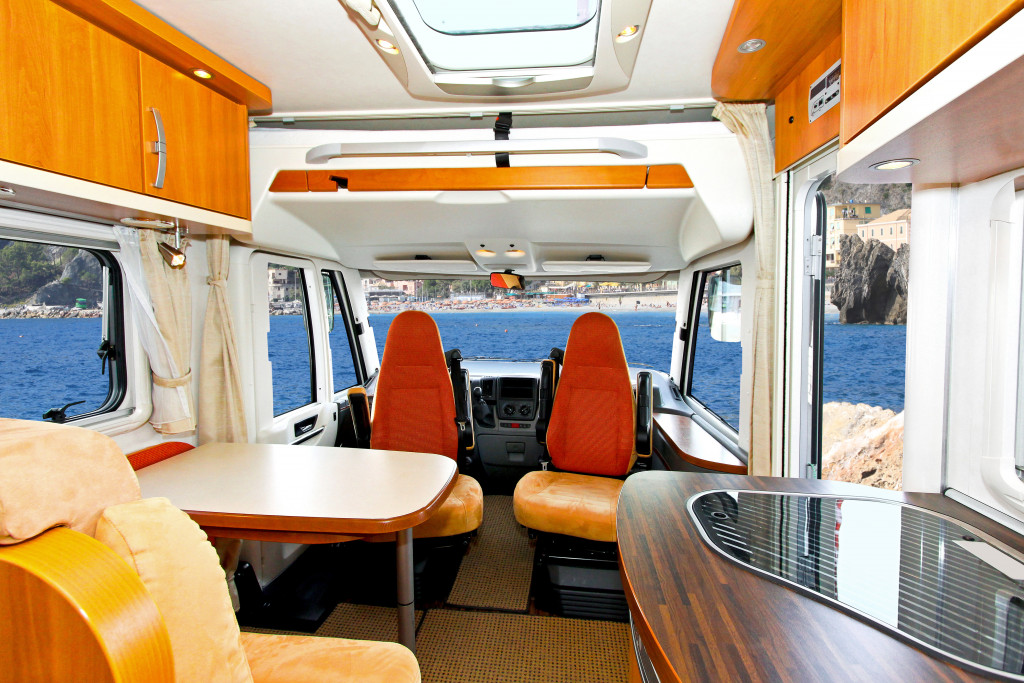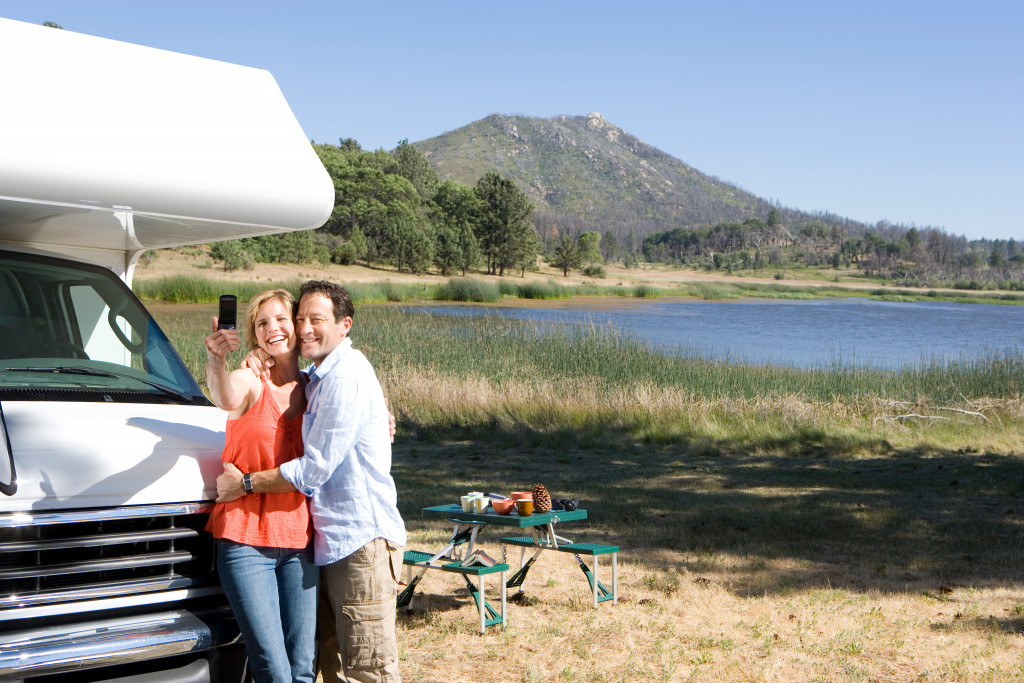RVing, or living in a recreational vehicle, has been a popular lifestyle. People choose to live in RVs for various reasons – from wanting to travel more to downsizing and simplifying their lives.
The definition of the RV lifestyle can vary depending on who you ask. It simply means hitting the open road in their RV whenever they get the chance. For others, it’s a full-time lifestyle, complete with working on the road and homeschooling their children.
Whatever your definition of the RV lifestyle may be, there are a few things to remember if you’re thinking of taking on this way of life. It is not something you can prepare for half-heartedly. Since it is not a traditional routine, advice, and tips from people with RV lifestyle experience might not apply to your situation. Here are a few things to remember when taking on the adventurous living scenario.
Not as Glamorous as You Think
While living in an RV and traveling wherever you want may sound glamorous, the reality is that it takes a lot of work. You have to be comfortable living in close quarters, dealing with unpredictable weather conditions, and sometimes without modern conveniences like a steady internet connection or a flushable toilet.
You have to be the one to set up and take down your RV whenever you move to a new location. The list includes everything from hitching up your RV to driving it to its new spot. Once you’re there, you have to level it, set up jacks to support it, and hook up utilities like water and electricity. And when it’s time to leave, you have to do all of that reverse.
It might look like a home and a vehicle, but the maintenance tasks will be closer to that of a car. You’ll have to check the oil and tires, winterize it for colder months and deal with occasional repairs.
You Need Space
When you live in an RV, you need a designated space. Some people opt for RV parks that provide restrooms, showers, laundry facilities, and common areas. Others choose to boondock or dry camp in more remote locations without hookups. It can be done on public lands like national forests or BLM land as long as you follow the rules.
You also need to think about the size of your RV. RVs come in all shapes and sizes, from small campervans to large fifth wheels. If you plan on living in your RV full-time, you’ll want one large enough to accommodate all of your belongings comfortably, and that has the necessary amenities.
You Can’t Do it Alone
If you’re thinking about RVing solo, you might want to reconsider. It’s not impossible to live in an RV yourself, but it’s more challenging. From setting up and maintaining your RV to dealing with flat tires and other unexpected problems, it’s helpful to have someone else around.
Having a travel partner makes things easier, but it can also make the experience more enjoyable. You can share the driving, take turns planning activities, and talk when you’re feeling homesick.
You Have to be Resourceful
When you live in an RV, you have to be resourceful. It means troubleshooting problems, figuring out creative solutions, and settling with what you have. For example, if your RV refrigerator breaks down, you might have to find a way to keep food cold using ice or a cooler.
If you’re not the handy type, it’s essential to be at least willing to learn. There will inevitably be times when things go wrong, and you have to fix them yourself. Even if you can’t do it all, knowing the basics will help you get by until someone else can.
The RV lifestyle is also about being flexible. You have to be comfortable with change and go with the flow. It means making last-minute changes to your plans, adapting to new environments, and dealing with unexpected delays.
It also means being flexible in your definition of success. The traditional measures of success – like a big house or a high-paying job – don’t necessarily apply when you’re living in an RV. You might have to redefine what success looks like for you and set your own goals.
It’s Not as Expensive as You Think

Many people are hesitant to try the RV lifestyle because they think it is too expensive. But if you think about all the expenses associated with traditional living – like rent or a mortgage, a car payment, and utilities – you might be surprised to find that RVing can save you money.
Of course, some upfront costs are part of buying an RV and outfitting it for full-time living. If you want to have a customized RV, you might have to dedicate a small budget. But once you have everything you need, your only significant expenses will be gas, campground fees, and occasional repairs.
Conclusion
Living in an RV can be a great way to see the country and experience new things. But it’s not for everyone. It takes a specific type of person to be successful at living on the road.
With these things in mind, you’ll be one step closer to hitting the open road.

